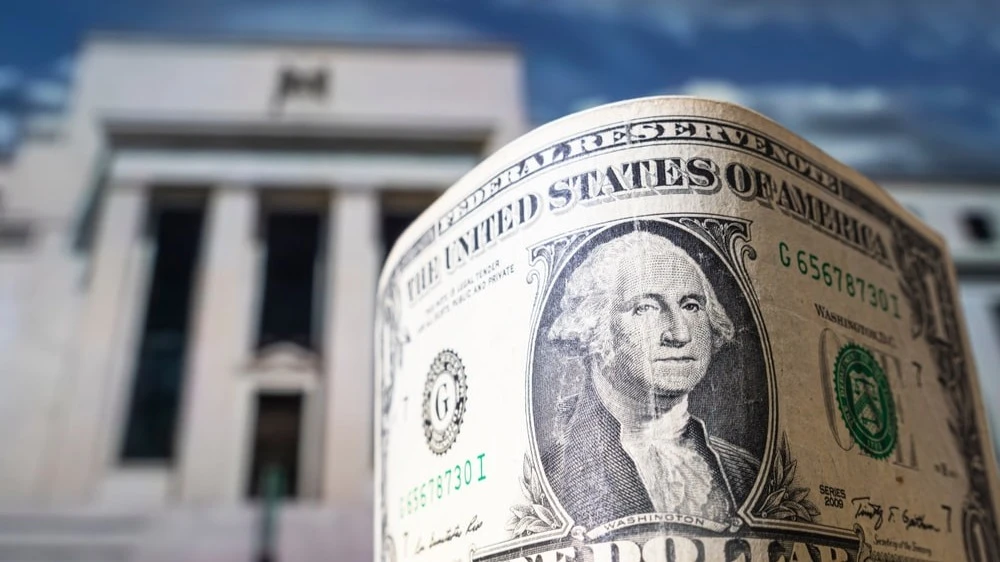The market is waiting for the Fed's policy reversal. What does the "king of bonds" advise to invest in?
Founder of DoubleLine, which specializes in fixed income investment strategies, on how to prepare for a Fed rate cut

The stock market is waiting for the Fed to ease its monetary policy, the dollar is weakening, and gold is rising in price. Jeffrey Gundlach, an investor and founder of DoubleLine Capital, known as the "bond king", believes that the Fed's policy reversal is a matter of the next few months. What assets, in his opinion, will help investors make money?
Forecast: policy easing is almost inevitable
Gundlach, in an interview with CNBC's disclosed that he expects at least two Fed rate cuts in 2025. That's a prediction he's been describing since the beginning of the year, but after publishing an unexpectedly weak jobs report on Aug. 1, he allowed for a third cut as well. He said the labor market data, which showed a slowdown in job growth in July, was a "bombshell," and the magnitude of the revision changed the picture dramatically.
In a report released on August 1, both May and June employment growth were revised downward, with thousands fewer new workers than previously estimated. This was the largest adjustment to employment data - excluding the COVID period - since 1979.
Gundlach notes that the gap between the federal funds rate and two-year Treasury yields widened sharply in early August, reaching 70 basis points. "The situation is not as critical as it was a year ago, when the two-year bond yield was more than 100 basis points below the Fed Funds rate, but 70 is still a lot by historical standards," he said. According to the investor, there is already talk of a possible 50 basis point cut in the Fed Funds rate if the next jobs report is as weak or the data is revised downward again.
What influences the Fed's stance
According to Gundlach, one of the key factors influencing the Fed's rate changes could be large-scale revisions to macroeconomic data. He also draws attention to the general decline in the reliability of statistics: "A few years ago, about 8% of price data for CPI were estimates - they are called imputed prices. Now this share is 35%, there has been a sharp jump. It turns out that in the last report, 35% of the data used to calculate inflation was essentially just made up." This, in his opinion, makes it difficult to assess the real state of the economy.
Inflation risks are also becoming less important, according to Gundlach. He cites economist Milton Friedman's theory that inflation is primarily a monetary phenomenon. Import and export price increases remain within target levels, and the M2 money supply is not showing alarming signs. A weaker dollar and new duties, he said, do not contribute to a sustained rise in inflation unless accompanied by an increase in money supply.
What investors should do
Lower rates, according to Gundlach, have a supportive effect on the stock market. It levels out competition from bonds and reduces the discount on future cash flows, thus making it easier to value stocks. The DoubleLine founder expects growth in both the U.S. market and international markets, especially with a weaker dollar boosting returns on assets outside the U.S.
At the same time, Gundlach maintains a cautious stance on long-term Treasuries and remains "bearish" in this segment. He believes that the yield curve will continue to steepen: the gap between yields on 2-year and 30-year securities could widen to 150 basis points.
Gundlach calls gold one of the key investment ideas. He notes that this asset is winning on all counts: because of falling rates, a weak dollar and a favorable technical picture. "If you hold gold, you have nothing to worry about," he stated.
This article was AI-translated and verified by a human editor
